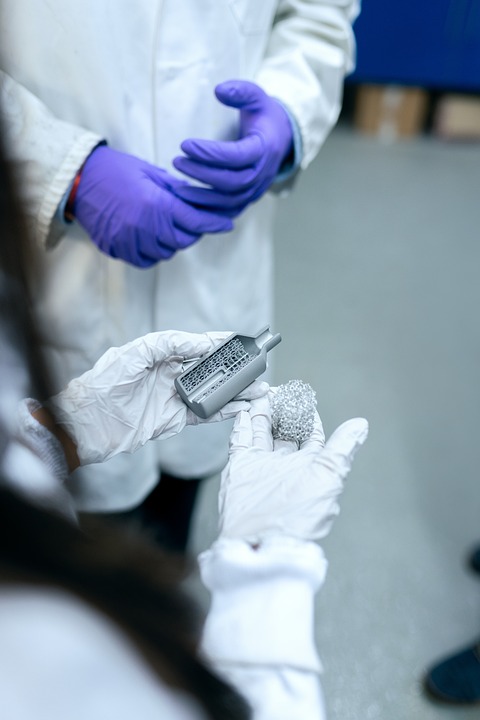When embarking on the journey towards securing a role as a chemical engineer, one must not underestimate the power of a well-crafted cover letter. This document serves not merely as an introduction but as a persuasive tool that can set you apart from a sea of applicants. Here are some vital considerations to keep in mind.
1. Tailor Your Message
A generic cover letter is the kiss of death in any job application. To truly resonate with potential employers, it’s essential to customise your letter to reflect the specific role and organisation. Research the company’s values, recent projects, and technological advancements. Weave these elements into your narrative, demonstrating not just your qualifications but your enthusiasm for their mission. Mentioning specific projects or initiatives can illustrate your genuine interest and insight.
2. Showcase Relevant Experience
Your experience is your calling card, but how you present it can make all the difference. Rather than simply listing your previous roles, consider articulating your achievements in a manner that showcases your problem-solving abilities and technical expertise. For example, instead of stating you “worked on a chemical process”, you might say, “led a team in optimising a chemical process, resulting in a 20% increase in efficiency and a significant reduction in waste.” This not only highlights your role but also quantifies your impact.
3. The Power of Soft Skills
While technical prowess is undoubtedly vital in the realm of chemical engineering, soft skills should not be overlooked. Effective communication, teamwork, and adaptability often separate the good from the great. Reflect on instances where these skills have played a crucial role in your success. Perhaps you facilitated a cross-departmental meeting that led to a major breakthrough in project development. Such anecdotes can illustrate your holistic competencies and approach to engineering challenges.
4. Maintain Professionalism
Your cover letter should embody professionalism in both tone and presentation. Use a formal salutation and ensure that your language is polished and precise. Avoid jargon unless it’s industry-standard and relevant to the role you’re applying for. A clean, well-structured layout with clear headings and bullet points can enhance readability, making it easier for hiring managers to glean essential information quickly.
5. End with a Strong Finish
The final paragraph of your cover letter is your chance to leave a lasting impression. Summarise your excitement about the opportunity and express your eagerness to contribute to the company. A statement like, “I am eager to bring my background in sustainable chemical processes to your innovative team at [Company Name],” can resonate well. Don’t forget to include a call to action, inviting them to discuss your application further.
Creating an impactful cover letter is an art that requires attention to detail, personalisation, and clarity. By crafting a narrative that intertwines your technical skills with your unique experiences and passion, you can significantly enhance your chances of landing that coveted interview. Remember, your cover letter is not just a formality; it’s an opportunity to showcase the very best of what you can offer.
CVPortal continues to provide you with a host of quality CV references to support your journey towards professional success.


